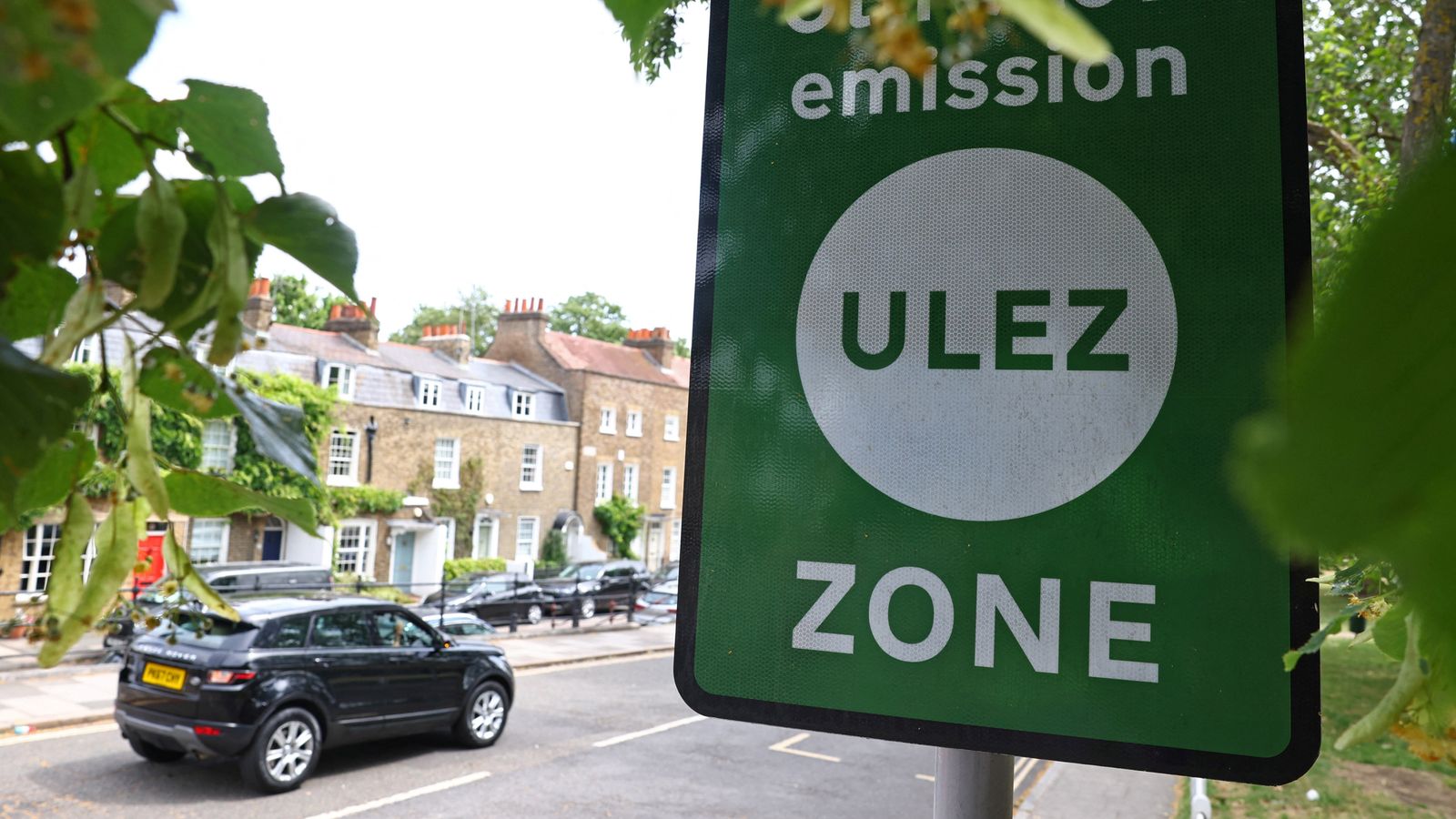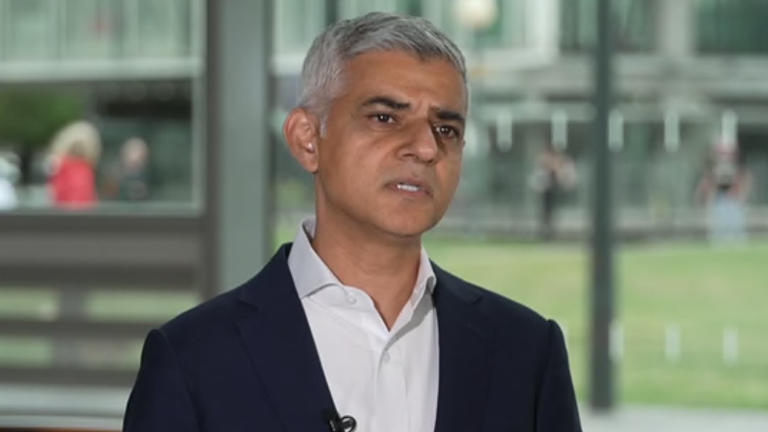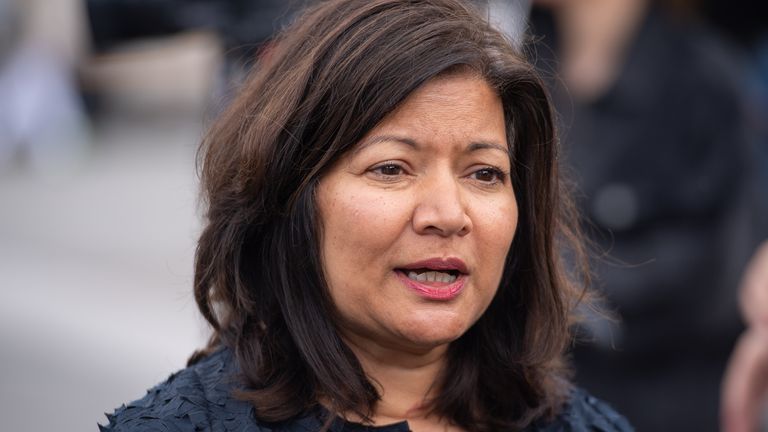London mayor Sadiq Khan’s office accused of ‘alarmingly cosy relationship’ to ‘silence’ ULEZ criticism


Sadiq Khan’s deputy and a scientist the mayor’s office helps to fund have been accused of working together in an attempt to criticise research that questioned the effectiveness of London’s Ultra Low Emission Zone (ULEZ).
Emails obtained by the Conservative Party under the Freedom of Information Act showed Professor Frank Kelly of Imperial College London and deputy mayor for the environment, Shirley Rodrigues, apparently working together to “fight back” against research published and publicised by the same university.
The ULEZ and its expansions are becoming key political dividing lines between the Conservatives and Labour, and were part of the reason the Tories held on to Boris Johnson’s former seat in west London in a by-election earlier this year.
Prof Kelly is an expert on public health policy and air quality.
He is also the director of the Environmental Research Group (ERG), a body which provides air quality information and research in the UK, which has received hundreds of thousands of pounds from the mayor’s office, among other sources.
According to the Greater London Authority, £757,000 over four years was the “vast majority” of the money provided – and was used for the Breathe London project, which involves installing air quality monitors across the capital.
The Conservatives have accused Prof Kelly and Mr Khan‘s office of having “an alarmingly cosy relationship”.
Their main accusation stems from the response by Prof Kelly and Ms Rodrigues to a study published by Imperial in 2021, which examined the impact of the ULEZ over a period of 12 weeks.
Emails show the mayor’s office – including Ms Rodrigues – contacted Prof Kelly in the wake of this study being published and reported on to “challenge some of the misunderstandings” in it.
Advertisement
The mayor’s office apparently took issue with the limited period of time over which the study was conducted.
Prof Kelly told the Labour mayor’s team his university “is not keen for us to put a direct contradiction” out in the media – but he was happy to “fight back”, according to the emails.
The mayor’s office also offered to put Prof Kelly in touch with senior Labour figure David Lammy for a “friendly” interview on the London MP’s radio show.

‘Khan conspired to silence research’
Peter Fortune, a Conservative member of the Greater London Assembly, said: “Science relies on open, transparent debate.
“It is unacceptable that Sadiq Khan and his deputy conspired to silence legitimate research because it would damage the mayor’s reputation and credibility.
“Sadiq Khan has claimed he is just following the science, yet he has been using scientific advisors to protect his own interests.
“The mayor’s own independent impact assessment shows the ULEZ expansion will have a negligible effect on air quality, while hitting the poorest Londoners hardest.
“That is why we need to tackle air pollution where it is, instead of taxing where it isn’t.”
Read more:
Where the expanded ULEZ will cover
Protesters against zone expansion stop London traffic
Khan pleads with councils as cameras vandalised
ULEZ expansion legal, High Court rules

‘Normal and proper’ to work with experts
A spokesperson for the mayor said: “It is right – and standard practice across government – that we commission experts to carry out research to inform the work we do.
“Frank Kelly and the Environmental Research Group at Imperial are some of the world-leading academic institutions looking at air quality.
“It is normal and proper to work with these experts to ensure our policies are as effective as possible at dealing with issues such as the high number of deaths – up to 4,000 a year – linked to toxic air in London every year.”
Click to subscribe to the Sky News Daily wherever you get your podcasts
The statement added: “The ULEZ analysis from the engineering department at Imperial only paints a partial picture, not accounting for the full lifetime impact of the scheme, and only focusing on its immediate impact around its launch.
“It is commonplace for academic experts to disagree with how other academic studies are interpreted, as was the case here.”